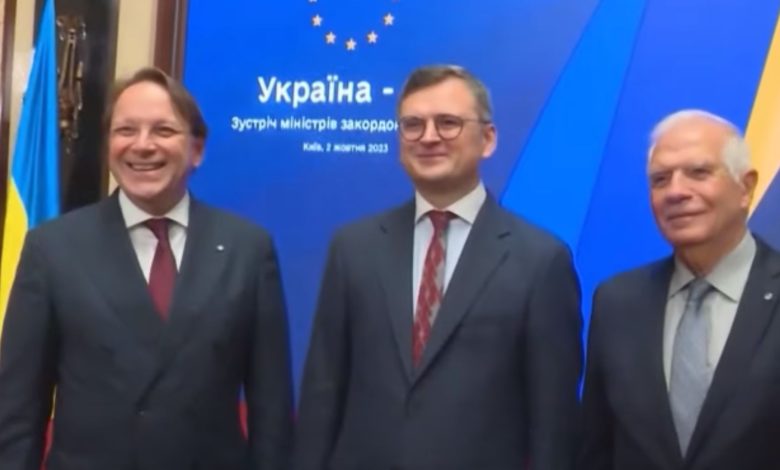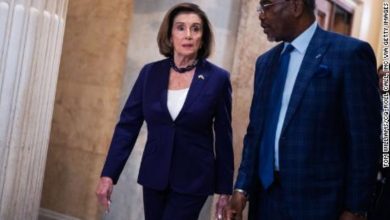The State of Support for Ukraine Amidst Political Shifts

In a crucial meeting held in Kiev, top European Union officials recently gathered to reaffirm their solidarity and support for Ukraine. This meeting comes at a critical juncture, with Ukraine facing challenges both domestically and internationally. The focus of this article is to delve into the evolving landscape of support for Ukraine, the concerns it raises, and the implications of recent political shifts.
Domestic Concerns and Disappointment
Ukraine’s political landscape is currently characterized by uncertainty and disappointment among its citizens. Members of the Ukrainian parliament have expressed their dismay over recent developments in Washington, where bipartisan support for military aid to Ukraine appeared to waver. The interruption in the delivery of crucial anti-air defenses and munitions has raised concerns about the country’s ability to defend itself effectively.
Russia’s Perception and Intentions
Russia’s view of these developments is noteworthy. Russian officials have indicated that they perceive divisions and contradictions in the United States’ stance towards Ukraine. This perception has the potential to embolden Russia to increase its attacks on Ukraine, further exacerbating the already dire situation in the region.
Disillusionment and the End of an Era
The disappointment voiced by Ukrainian officials extends to their interactions with conservative groups in the United States. There is a growing sense that the era of unwavering American support, reminiscent of the Reagan era, may be coming to an end. Ukrainians fear that a decline in U.S. support could lead to more casualties and a prolonged conflict.
The Dilemma of Bipartisanship
One perplexing aspect of the situation is the bipartisan skepticism towards Ukraine. Some U.S. lawmakers have equated both sides in the conflict, suggesting that Ukraine bears as much responsibility for the crisis as Russia. This oversimplified view fails to acknowledge the context of Russia’s invasion and Ukraine’s defensive stance.
European Allies and Their Influence
Recent political shifts within Europe also raise concerns for Ukraine. Slovakia, a NATO member, saw the victory of a pro-Russian politician who opposes support for Ukraine in its war against Russia. This victory, coupled with actions by Hungary and Poland, reflects a worrying trend of wavering European support for Ukraine.
Russian Influence and Opposition
Russia’s influence in European politics is evident through its efforts to radicalize both sides of the debate surrounding aid to Ukraine. Any proposal for aid to Ukraine now faces not just opposition but vehement resistance, making it increasingly challenging for Ukraine to garner support.
The situation in Ukraine remains precarious, with both domestic and international factors impacting the country’s ability to defend itself and maintain the support it needs. It is crucial for Ukraine to navigate these challenges strategically and for the international community to remain steadfast in its commitment to Ukraine’s sovereignty and security. The stakes are high, and the future of Ukraine hangs in the balance.




